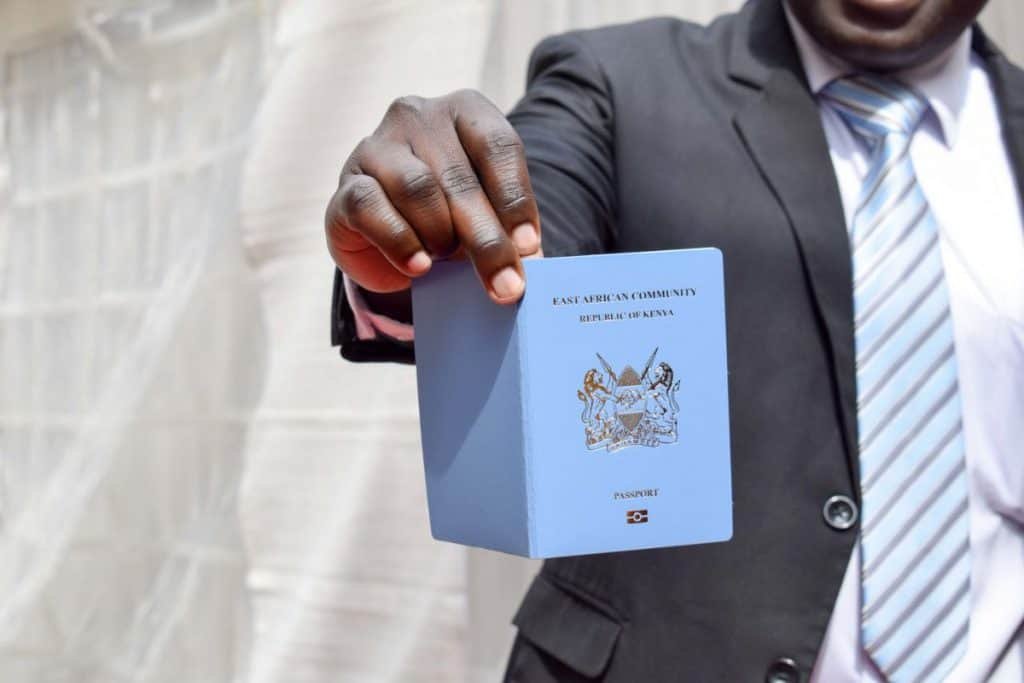The ongoing Israeli-Hamas conflict has deep historical roots and has attracted international attention for various reasons.
Here’s a background on the Israel-Hamas conflict, key players, and the factors contributing to its international prominence:
Background: The Israeli-Hamas conflict is part of the broader Israeli-Palestinian conflict, which has been ongoing for decades. The specific tensions between Israel and Hamas, a Palestinian liberation group, have led to several military confrontations. Key elements of the background include:
- Creation of Hamas: Hamas, or the Islamic Resistance Movement, was founded in 1987 during the First Intifada (Palestinian uprising) against Israeli occupation. It has both political and military wings and seeks to establish an Islamic state in historic Palestine.
- Israeli Occupation and Blockade: Israel’s continued occupation of the Palestinian territories, including the West Bank and Gaza Strip, as well as the blockade imposed on Gaza since 2007, have been major sources of tension. The blockade has led to severe economic and humanitarian challenges in Gaza.
- Territorial Disputes: The status of Jerusalem, Israeli settlements in the West Bank, and the right of return for Palestinian refugees are among the unresolved territorial and political issues at the core of the conflict.
Key Players:
- Israel: The State of Israel, established in 1948, is a central player in the conflict. The Israeli government represents the interests of the Jewish population living in Israel.
- Hamas: Hamas is a Palestinian resistance and political organization that controls the Gaza Strip. It is considered a terrorist organization by Israel, the United States, the European Union, and other countries. While it governs Gaza, its military wing engages in armed conflict with Israel.
- The Palestinian Authority, governed by the Fatah party, controls certain areas of the West Bank and aims to resolve the Israeli-Palestinian conflict through negotiation. Fatah competes with Hamas.
- Egypt: Egypt has played a role in mediating ceasefires and negotiations between Israel and Hamas, particularly during times of conflict.
Reasons for International Attention:
- Humanitarian Crisis: The frequent military confrontations in Gaza have led to significant civilian casualties and humanitarian crises, attracting international concern and condemnation.
- Regional Implications: The Israeli-Palestinian conflict has broader regional implications, with many countries in the Middle East closely following the developments. It has been a longstanding issue in regional geopolitics.
- Global Diplomatic Efforts: International actors, including the United Nations, the United States, the European Union, and other countries, have been involved in diplomatic efforts to find a peaceful resolution to the conflict.
- Media Coverage: The conflict’s impact on civilian populations and the presence of media in the region ensure that the events receive extensive international media coverage.
- Global Public Opinion: The Israeli-Palestinian conflict resonates with people around the world, leading to protests and demonstrations in various countries, which in turn garners international attention.
The Israeli-Hamas conflict is a deeply rooted and complex issue, and it continues to be a focal point of international attention due to its historical, geopolitical, and humanitarian significance.









[…] Israel-Hamas conflict; its roots, key players and why it attracts international attention […]